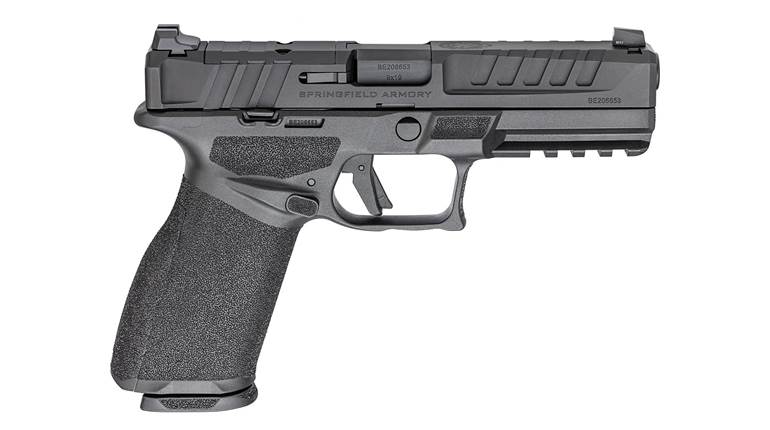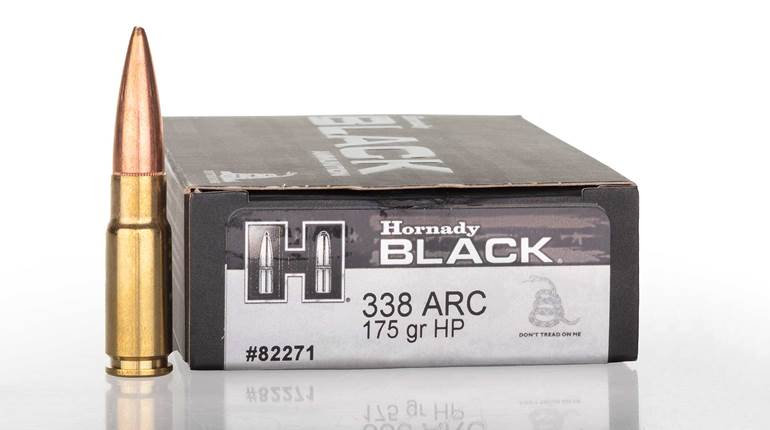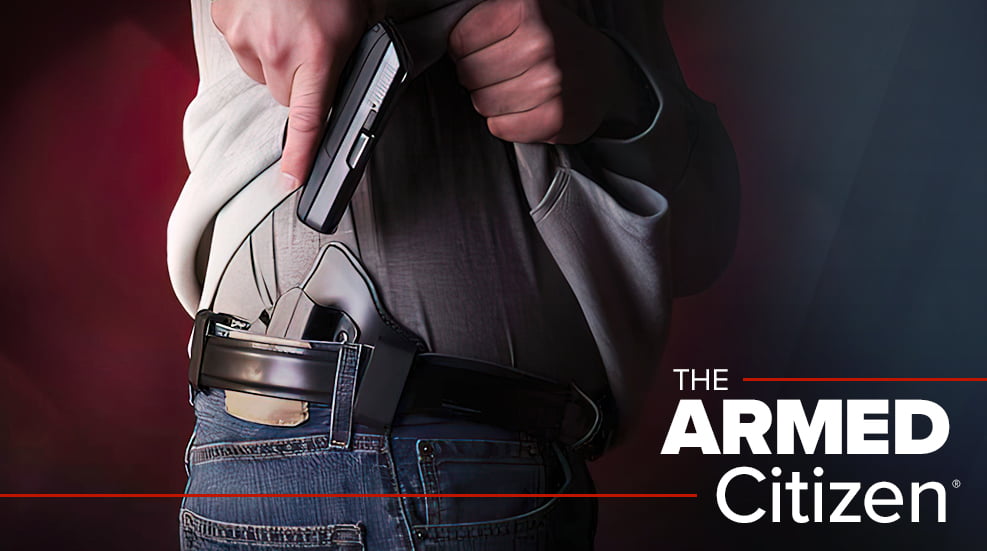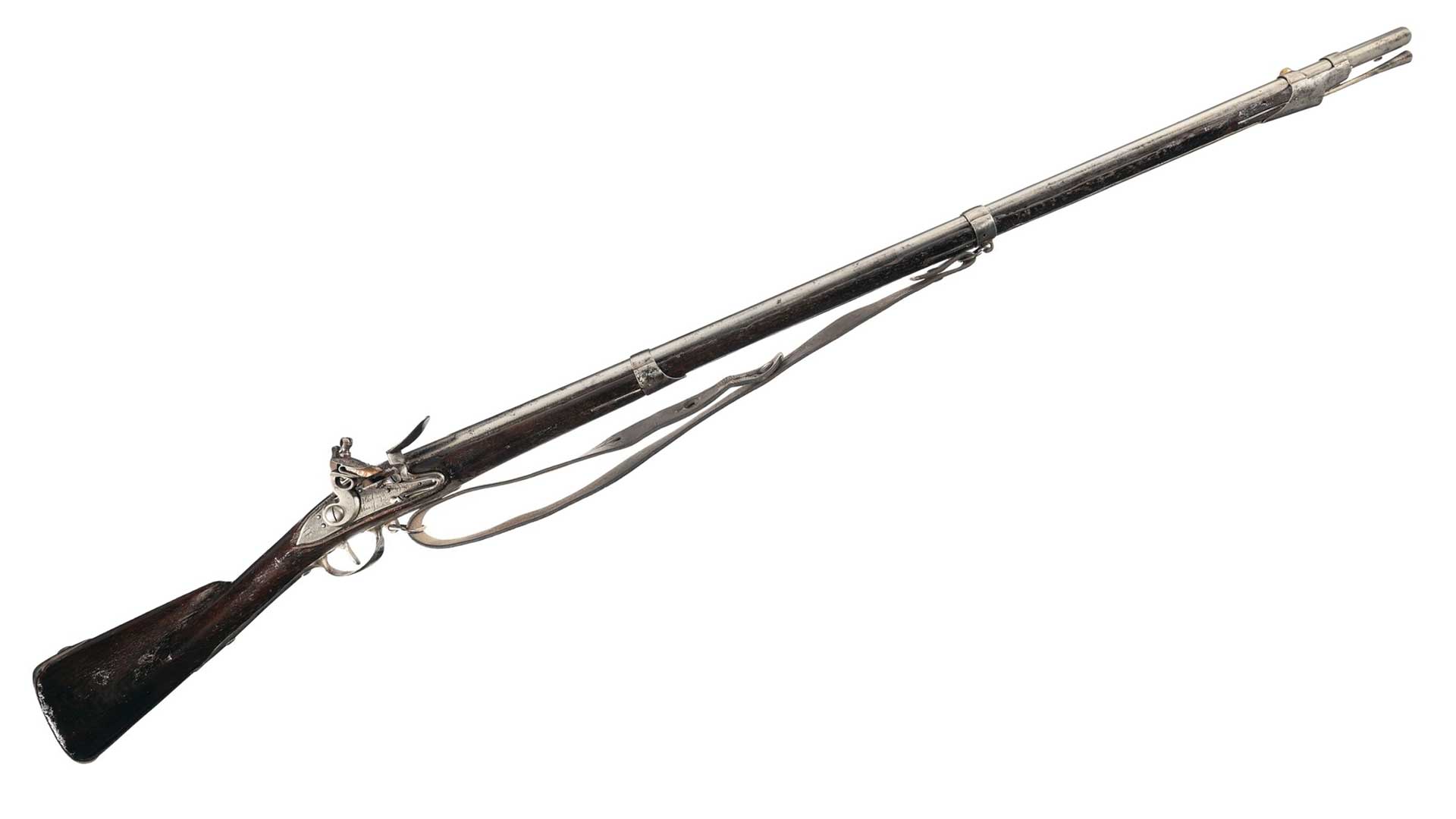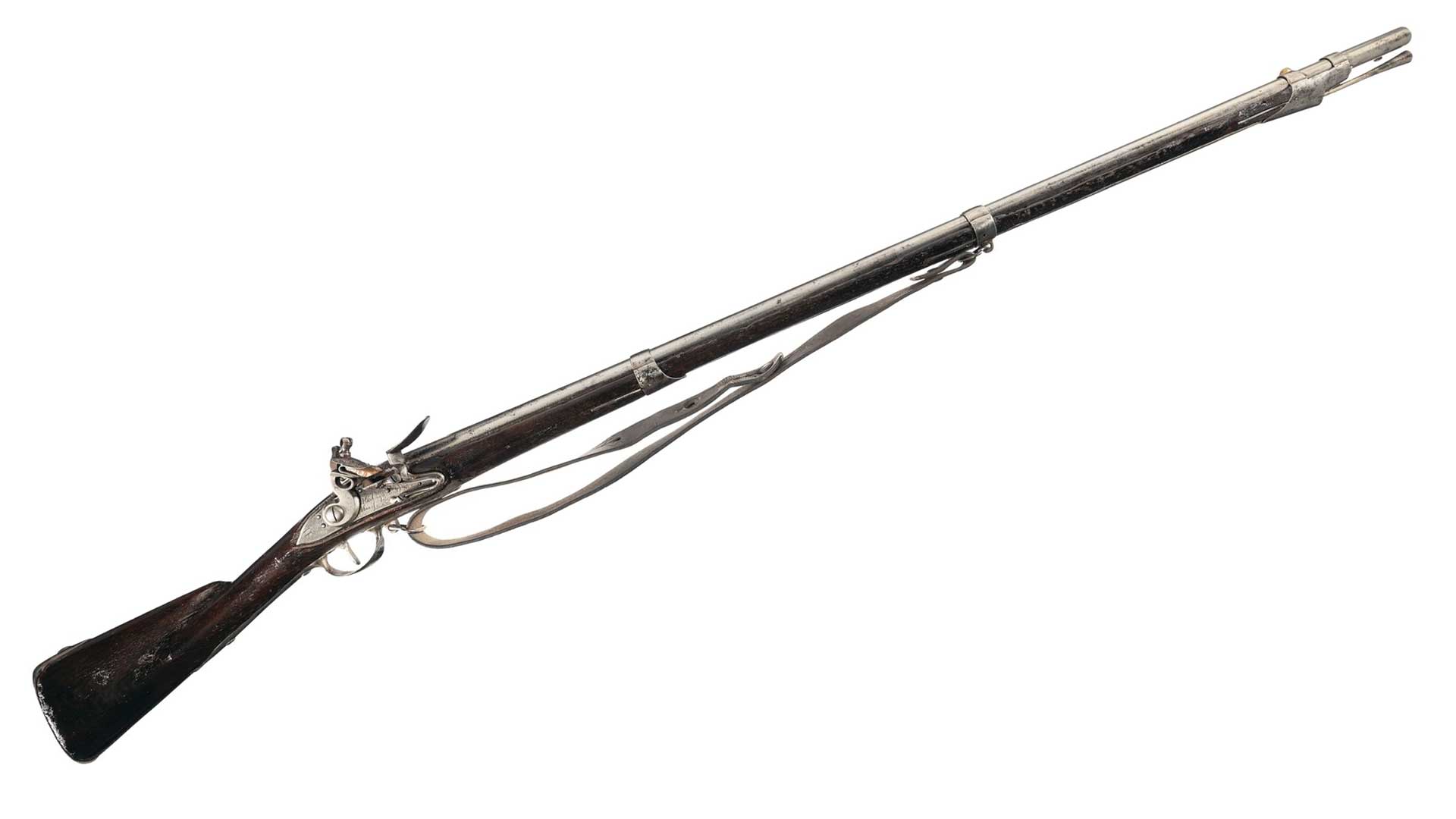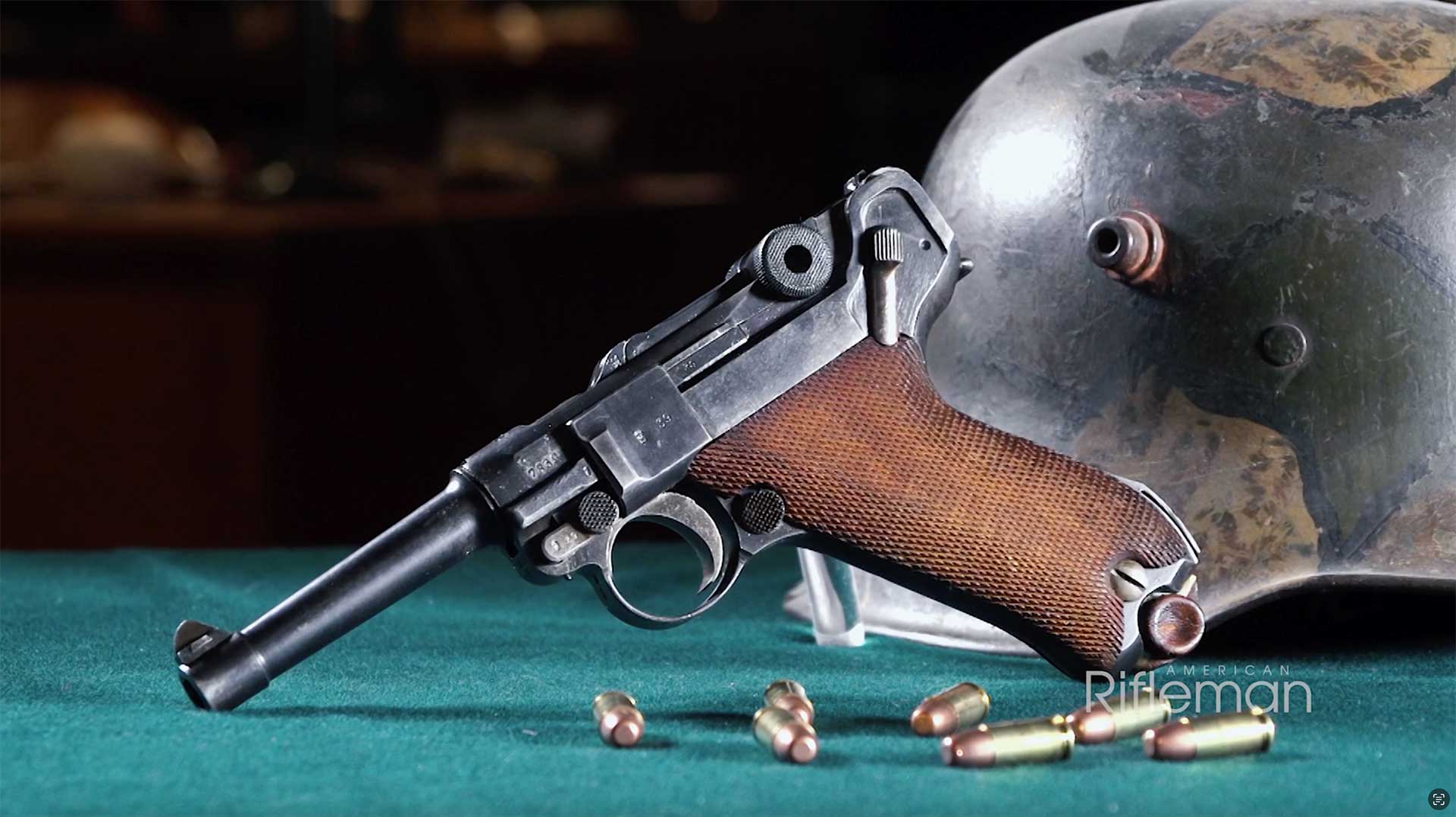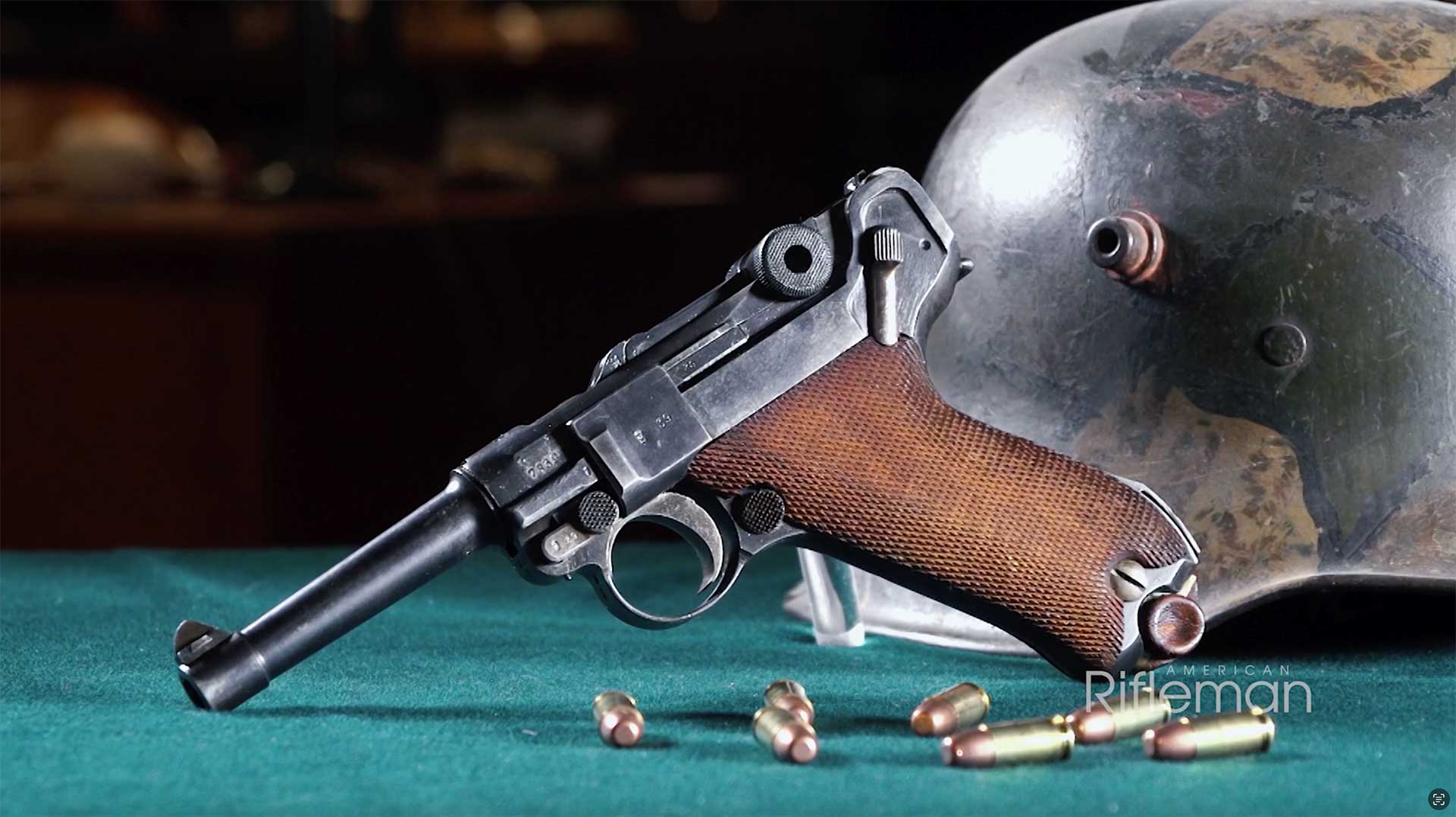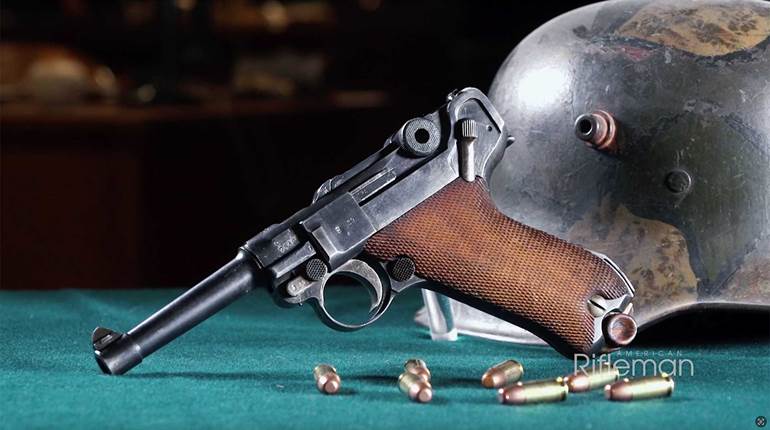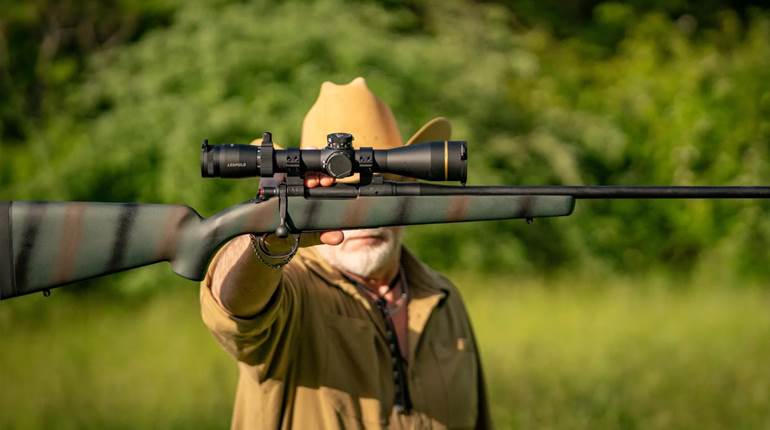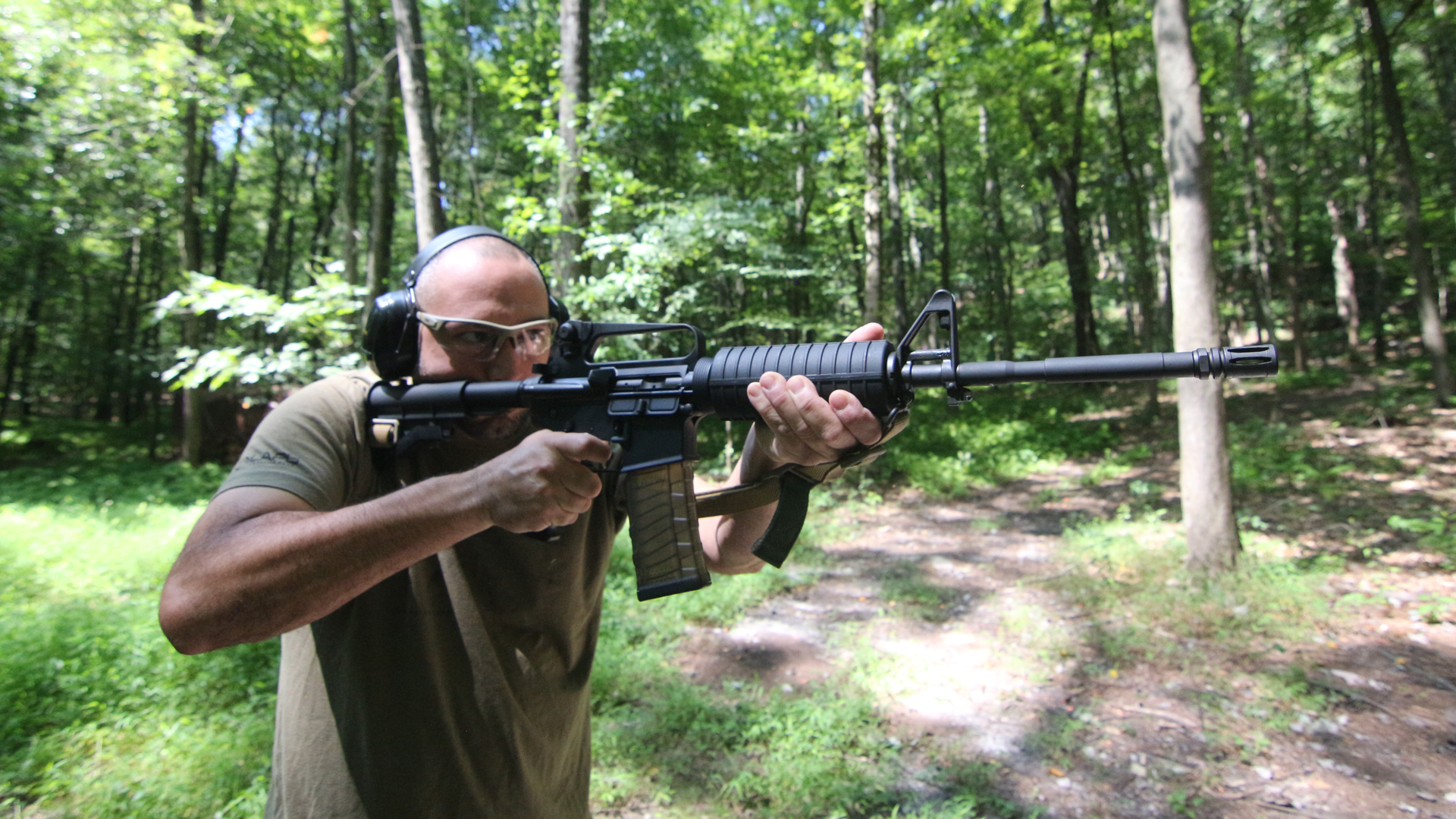
When discussing the pioneers of the commercial AR-15, Bushmaster Firearms is a name that invariably surfaces. This iconic manufacturer boasts a storied history spanning over 50 years, during which it has played a pivotal role in popularizing America’s best-selling rifles. Despite a tumultuous journey marked by ownership changes and industry challenges, Bushmaster remains a significant force in the firearm industry. Now under the stewardship of Franklin Armory, the brand appears poised for a resurgence. The recent release of the M4A2 series, beginning with the Patrolman’s Carbine, signals a promising chapter for Bushmaster as it seeks to reclaim its position at the forefront of the AR-15 market.
The M4A2 Patrolman’s Carbine is the first in a line of AR-15s designed to bring back the standard, carbine-length firearms that have long been a staple of American shooting enthusiasts. Bushmaster has built this new line with an eye toward tradition while incorporating modern manufacturing methods to meet the demands of today’s shooters. I had the opportunity to take the Patrolman’s Carbine to the range to evaluate its performance, and I was eager to see if Bushmaster could live up to its storied legacy.

At the heart of the Bushmaster M4A2 Patrolman’s Carbine is a carbine-length, direct-impingement gas system, a design that has proven its reliability over decades of use. The rifle’s gas system taps into the barrel at the 12 o’clock position through a classic front sight base (FSB), which doubles as the housing for the front sight. Unlike many modern AR-15s that utilize adjustable or low-profile gas blocks, Bushmaster has opted for a more traditional approach. The FSB is attached using a conventional taper pin system, which is commendable, as it demonstrates Bushmaster’s commitment to authenticity and quality.
The front sight is positioned at the original “non-F-marked” height, ensuring proper alignment with the rear sight housed within the fixed carry handle. This feature is a nod to the traditional M4 design, which many shooters appreciate for its simplicity and reliability. The fixed carry handle, complete with an integrated rear sight, offers a robust aiming solution that harkens back to the early days of the AR-15 platform.

The lower receiver of the M4A2 series is forged and features all the expected mil-spec components. One notable feature on the Patrolman’s Carbine is the unilateral selector switch, which includes a faux “third position” that resembles a fully automatic setting. To actually make use of this position in a non-NFA way, I incorporated a Delta Velocity Gen2 3MR, which also makes a great fit for this carbine, as it has third-position functionality. When the lever is flipped back, it runs with a drastically reduced reset, allowing for insanely fast follow-up shots. Yes, it’s legal, and it even includes a mini-version of the ATF’s approval letter.
In its standard configuration, the Patrolman’s Carbine includes a mil-spec lower parts kit, complete with a standard magazine release, bolt stop, and trigger group. The trigger on my test model broke at a crisp 6 pounds, 2 ounces, which is impressive for a stock AR-15. This level of performance is indicative of the care that Bushmaster has put into producing a rifle that is both reliable and enjoyable to shoot.

One of the most recognizable aspects of the M4A2 Patrolman’s Carbine is its furniture set, which stays true to the classic M4 design. The rifle is equipped with a CAR six-position stock, which slides over a carbine-length buffer tube. Bushmaster has taken the extra step of staking the castle nut into place, ensuring that it remains secure even after extended use. This attention to detail helps prevent the dreaded “carbine jiggle” that can occur when components work loose over time. The rifle is also fitted with an A2 grip, providing a conventional grip angle that many shooters find comfortable and familiar. The fore-end features a traditional M2-style heat shield, which is secured by a delta ring. The combination of these classic elements with modern enhancements gives the Patrolman’s Carbine a timeless appeal that will resonate with both new and experienced shooters.

To complete the package, the Patrolman’s Carbine includes provisions for attaching a sling via slots on the stock and a sling loop on the FSB. I opted to install a Blue Force Gear Vickers Combat Applications Sling, which allowed me to carry the rifle comfortably and securely. This setup is ideal for those who value mobility and quick transitions during dynamic shooting scenarios.
The Patrolman’s Carbine is chambered in 5.56 NATO, making it compatible with.223 Remington ammunition as well. For my range test, I selected a variety of loads to evaluate the rifle’s accuracy and performance across different bullet weights and types. My ammunition choices included Federal American Eagle XM, a 55-grain load that offers reliable performance at an affordable price point. The same holds true for Fiocchi’s 62-grain Range Dynamics, which covers barrels that seem to prefer heavier bullets. For precision testing, I turned to Federal’s 77-grain Gold Medal Match, a top-tier load built with Sierra MatchKing bullets that is known for its exceptional accuracy.

After zeroing the rifle, I began by shooting groups from the bench. Despite the challenge of using iron sights, I was pleased with the results, particularly when firing the match-grade ammunition. The chrome-lined barrel performed admirably, producing tight groups that exceeded my expectations for a rifle of this type. While bench shooting provided valuable data, I was eager to test the Patrolman’s Carbine in a more dynamic setting.
Moving to a steel pit, I ran a series of rapid-fire drills to evaluate the rifle’s handling and reliability. The Vickers sling made it easy to carry the rifle across the range, and it provided excellent stability when tightened for shooting. After exhausting 60 rounds with the standard trigger, I dropped in the Delta Trigger pack to get the party started. As I let a river of brass flow across my range, I was reminded of the straight-recoiling nature of the M4-style carbine and how easy it was to keep it on target.

By the time I fired 400 rounds, I was thoroughly impressed with the rifle’s capabilities and its ability to evoke the nostalgia of classic AR-15s while delivering modern performance. Shooting the Bushmaster M4A2 Patrolman’s Carbine was a rewarding experience that brought back memories of the iconic rifles that defined the late 1980s and 1990s. These firearms, immortalized in movies and popular culture, played a significant role in shaping my passion for the AR-15 platform.
The Patrolman’s Carbine captures the essence of those rifles, combining traditional design elements with modern enhancements to create a firearm that is both functional and evocative. Bushmaster’s decision to revive the M4A2 series under Franklin Armory’s ownership is a testament to the brand’s enduring legacy and commitment to quality. The Patrolman’s Carbine is a fitting tribute to Bushmaster’s history, and it sets the stage for an exciting future as the company continues to innovate and expand its product line. As the inaugural firearm in this new series, the Patrolman’s Carbine has set a high bar, and I am genuinely excited to see what Bushmaster has in store for the future.

Bushmaster M4A2 Patrolman's Carbine Specifications
Manufacturer: Bushmaster Firearms
Chambering: 5.56 NATO
Action Type: direct-impingement, semi-automatic, centerfire rifle
Receiver: 7075 forged aluminum; anodized finish
Barrel: 16.25" chrome-lined steel; threaded 1/2x 28 TPI
Rifling: 1:7" RH-twist
Magazine: 30-round, detachable box, aluminum
Sights: adjustable; 8/3 fixed carry handle rear, A2-style front
Trigger: single-stage, mil-spec; 6-lb., 6-oz. pull.
Overall Length: 31.75 – 35”
Height: 9.75” (with mag inserted), 8.75” (without mag)
Width: 2.33”
Weight: 6 lbs., 2 ozs.
Accessories: owner’s manual, lock
MSRP: $1,188













